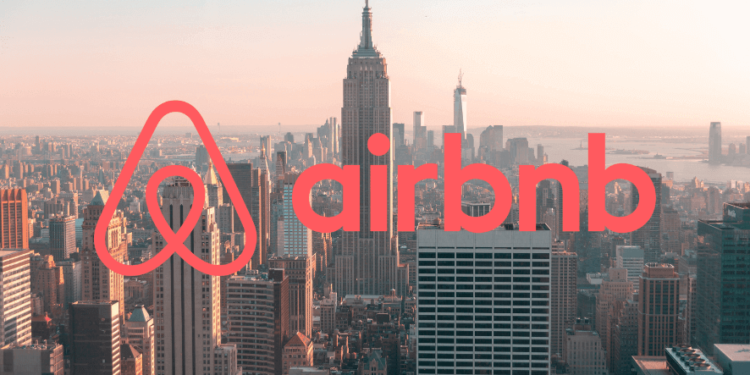New York City has launched a major challenge to short-term rental platforms with a newly enforced law that could reshape the city’s hospitality landscape. This shift stands to significantly diminish Airbnb’s approximately 38,500 property listings within the city, giving traditional hotel establishments, particularly in Midtown, a potential edge in the market.
Dubbed by Airbnb as a “de facto ban” – a notion they failed to counteract in court – this law strengthens an existing mandate. It stipulates that home rentals for less than 30 days are permissible only when the host is present. Further, hosts must now secure a formal registration with the city. Platforms like Airbnb, Vrbo, and Booking.com face potential penalties: if a listing isn’t registered, they might incur up to $1,500 in fines per transaction. On the other hand, hosts stare down the barrel of fines that can reach a steep $5,000.
As of August 28, the Office of Special Enforcement in NYC revealed that of the 3,250 hosts who attempted to register, a paltry 257 have been green-lighted.
While the law faces its fair share of criticism – with many arguing it favors the hotel industry to the detriment of homeowners seeking additional income – advocates believe it’s a necessary move. They argue that unchecked short-term rentals exacerbate the city’s housing crunch, pushing rents to an all-time high.
For Airbnb, the stakes are high. Even though a mere 1% of its 2022 revenue is attributed to NYC listings, there’s a looming fear: that other cities, inspired by NYC’s stringent regulations, might follow suit. It’s worth noting that cities like San Francisco and Berlin have already adopted gentler versions of such restrictions.
This changing landscape presents both challenges and opportunities. As the debate rages on, it underscores the need for adaptive strategies that consider evolving regulatory environments, shifting consumer preferences, and the delicate balance between homeowners, renters, and the hospitality sector.




















































